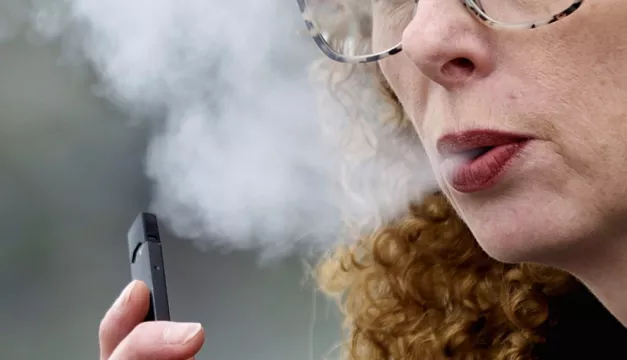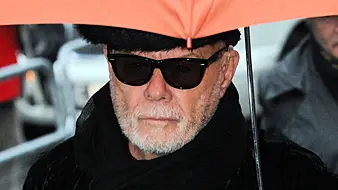Federal health officials have ordered Juul to pull its electronic cigarettes from the US market in the latest blow to the company widely blamed for sparking a national surge in teenage vaping.
The action is part of a sweeping effort by the Food and Drug Administration (FDA) to bring scientific scrutiny to the multibillion-dollar vaping industry after years of regulatory delays.
Parents, politicians and anti-tobacco advocates wanted a ban on the devices that many blame for the rise in underage vaping. Supporters say they can help smokers cut back on regular cigarettes.
The FDA noted that Juul may have played a “disproportionate″ role in the rise in teenage vaping and its application did not have enough evidence to show that marketing its products “would be appropriate for the protection of the public health”.

The agency has granted some e-cigarette applications. Since last autumn, the agency has given its OK to tobacco-flavuored e-cigarettes from RJ Reynolds, Logic and other companies.
But industry players and anti-tobacco advocates have complained that those products account for just a tiny percent of the 6 billion dollar vaping market in the US.
Regulators repeatedly delayed making decisions on devices from market leaders, including Juul, which remains the best-selling vaping brand although sales have dipped.
Last year, the agency rejected applications for more than a million other e-cigarettes and related products, mainly due to their potential appeal to underage teenagers.
To stay on the market, companies must show that their products benefit public health.
In practice, that means proving that adult smokers who use the products are likely to quit or reduce their smoking, while teenagers are unlikely to get hooked on them.
E-cigarettes first appeared in the US more than a decade ago with the promise of providing smokers with a less harmful alternative.
The devices heat a nicotine solution into a vapor that is inhaled, bypassing many of the toxic chemicals produced by burning tobacco.
But studies have reached conflicting results about whether they truly help smokers quit. And efforts by the FDA to rule on vaping products and their claims were repeatedly slowed by industry lobbying and competing political interests.
The vaping market grew to include hundreds of companies selling an array of devices and nicotine solutions in various flavours and strengths.
The vaping issue took on new urgency in 2018 when Juul’s high-nicotine, fruity-flavoured cartridges quickly became a nationwide craze among middle and high school students.
The company faces federal and state investigations into its early marketing practices, which included distributing free Juul products at concerts and parties hosted by young influencers.
In 2019, the company was pressured into halting all advertising and eliminating its fruit and dessert flavours. The next year, the FDA limited flavours in small vaping devices to just tobacco and menthol. Separately, Congress raised the purchase age for all tobacco and vaping products to 21.







